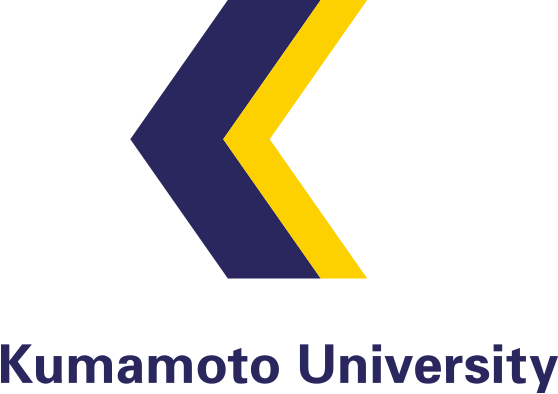Make Kumamoto University an International Institute by Taking Advantage of My Experience of Studying Abroad



Global Strategy with a Focus on the Internationalization of Japanese Students
Interviewer (referred to as ◆ below): Tell us about your responsibilities as a trustee.
Otani: I’m in charge of research and global strategy. Research refers to the promotion of research at the university, while global strategy means the promotion of the internationalization to make Kumamoto University an international institute.
Kumamoto University has been selected for the Program for Promoting the Enhancement of Research Universities, the Top Global University Project, and the Program for Promoting Regional Revitalization by Universities as Centers of Community (COC+). Not only does it serve as an international research base, but the university also promotes globalization, while making local contribution. Under the Program for Promoting the Enhancement of Research Universities, we have established two international research organizations to pursue world-class research and actively foster university research administrators (URAs). Under the Top Global University Project, we have newly launched the Global Leader Course (GLC) to promote the globalization of Japanese students. Under the COC+, we have established the Kumamoto Innovative Development Organization to proceed with industry-academia cooperation.
Since the internationalization of universities concerns how to accept international students, the national government has set a plan to receive many more international students. On the other hand, there is little progress in the internationalization of Japanese students. Around 1984, when I studied in the U.S., slightly more than 10,000 Japanese students were studying abroad. The figure continued to increase after that, but it has currently leveled off at approximately 100,000. It is true that the level of research in Japan has risen, and that cutting-edge research can be conducted without having to go abroad. However, studying abroad is not just about studying overseas research. If you study abroad, you can see your country from the outside, and this is an important point. How to convey this mindset to students is one of the challenges of our global strategy.
◆: What kind of initiatives are you planning to take under the global strategy?
Otani: There are two cornerstones. The first is the internationalization of Japanese students. Not only foreign language proficiency but also an international mindset is necessary. The second is measures for international students. To solve problems such as the declining population, we need to foster human resources who can think about Japan.
Specifically, we need to place greater focus on education. At Kumamoto University, we have graduate programs in which students can learn in English, but such programs are not available to undergraduate students. We would like to establish an undergraduate course in English to foster both Japanese students and international students together. Both are the same students.
In addition, it is important to go abroad. Some universities have a strategy of having all their students study abroad, and I feel that this kind of approach is necessary.
Conducting Research to Clarify the Internal Structure of Ground Using Equipment
◆: What kind of research do you usually do?
Otani: I specialize in soil mechanics and geotechnical engineering as part of civil engineering. I carry out research on the ground under buildings to reveal how the ground moves when affected by landslides, earthquakes, liquefaction, and other factors.
One of the most impressive research projects that I’ve conducted since I came to Kumamoto University is one to clarify the internal structure of the ground if a load is applied from the outside or water is poured. For this research, I used an X-ray CT scanner. At disaster sites or the like, you cannot see the internal condition of the ground. I wanted to ensure that this could be checked somehow, leading me to start the research.
Kumamoto University has three CT scanners that can be used for various items from large industrial equipment to very small objects such as micro and nano items. They’re getting attention from all over the world.
You Can Make It Happen If You Are Determined
◆: What kind of student were you?
Otani: I was a student of the “pitching” department in the “baseball” faculty (laughs). I was that dedicated to playing baseball. I began to play baseball in elementary school. At an inter-college competition, I pitched all the innings at all the games and helped my team to be the runner-up.
I wanted to study abroad not only to study but also to broaden my horizons as a person. I was born in Hagi City, Yamaguchi Prefecture, the birthplace of Shoin Yoshida. One of his famous teachings is hiji-chomoku(飛耳長目), meaning the eye and ear for watching and listening to what is happening in distant places, namely the importance of information. This phrase inspired me.
◆: Can you give a message to all students?
Otani: When I was a student, my professor told me, “you can surely make it happen, as long as you’re determined to do it.” Even if there seems to be some difficulty, you can surely make your wish come true as long as you are determined. Looking back on my life, I find that everything I was determined to accomplish, including my determination to study abroad, came true.
At Kumamoto University, we sincerely hope to welcome students who are interested in studying abroad.
